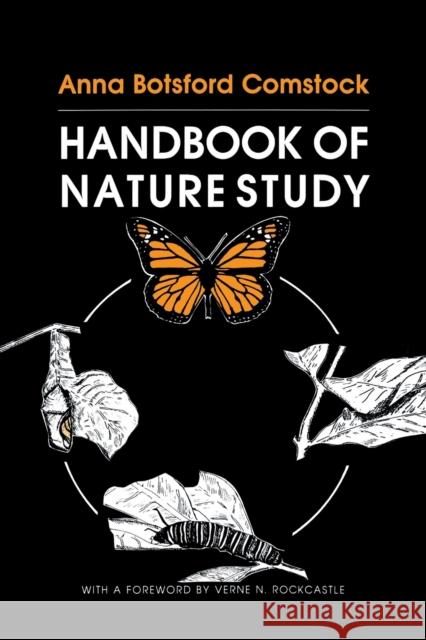The Handbook of Nature Study » książka
The Handbook of Nature Study
ISBN-13: 9780801493843 / Angielski / Miękka / 1986 / 912 str.
A matchless handbook for decades, this classic work has been the natural history bible for countless teachers and others who seek information about their environment. Written originally for those elementary school teachers who knew little of common plants and animals, and even less about the earth beneath their feet and the skies overhead, this book is for the most part as valid and helpful today as it was when first written in 1911 and revised in the spirit of its authors by a group of naturalists in 1939. After all, dandelions, toads, robins, and constellations have changed little since then And modern society's concern with the quality of life and the impact of people on soil, water, and wildlife makes this book even more relevant. Nature-study, as used in this handbook, encompasses all living things except humans, as well as all nonliving things such as rocks and minerals, the heavens, and weather. Of the living things described, most are common in the northeastern states, and many, such as the dandelion, milkweed, and mullein, and the house mouse, muskrat, and red fox, are so widespread that people living outside the United States will recognize them easily.Anna Botsford Comstock very appropriately took the view that we should know first and best the things closest to us. Only then, when we have an intimate knowledge of our neighbors, should we, journey farther afield to learn about more distant things. Teachers and children will find the material in this book invaluable in that regard. Details of the most common, but in some ways the most interesting, things are brought out, first by careful, nontechnical descriptions of the things themselves and later by thoughtful questions and study units. Because the most common things are treated in greatest detail, materials for study are easy to find. Whether the reader lives in the inner city or in the rural outback, the handbook is a treasure trove of information. A teacher does not need to know much about nature to use this handbook. The information is there for the novice and the expert alike. All that is needed is an inquiring mind, senses to observe, and a willingness to think about nature on a personal level. To enter this book in search of information about any common organism, stone, or object in the sky is to open the door to a fresh and lively acquaintance with one's environment."











